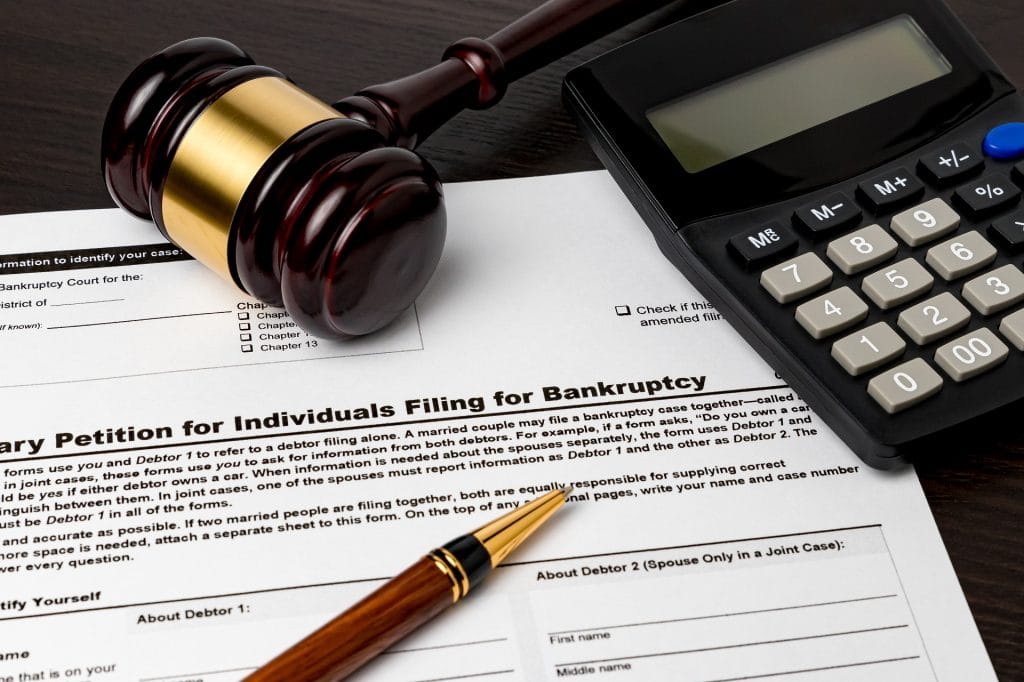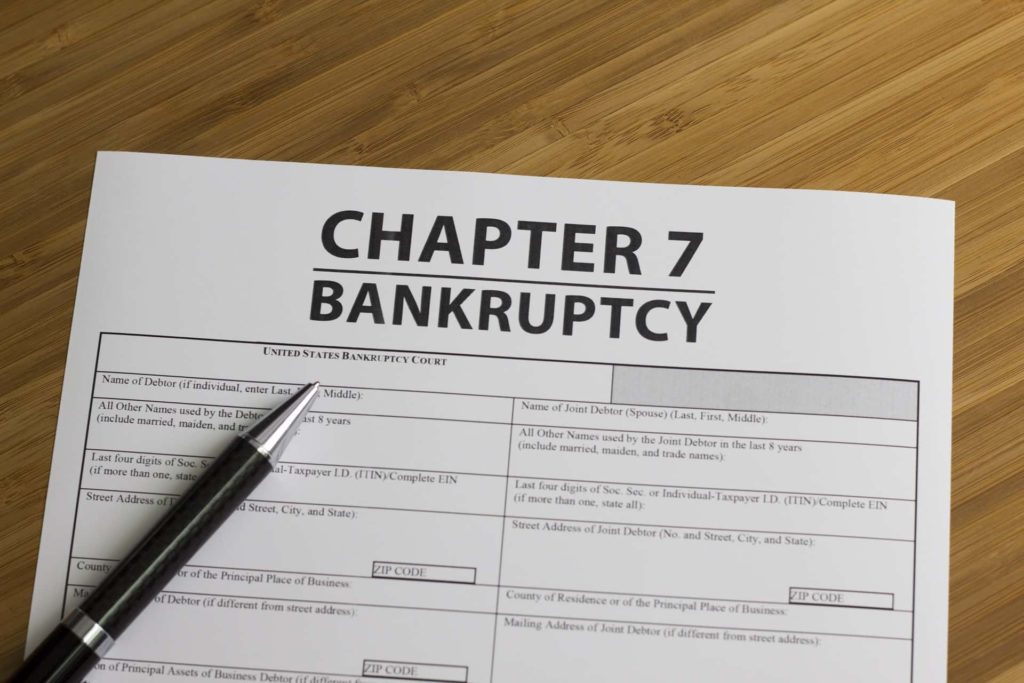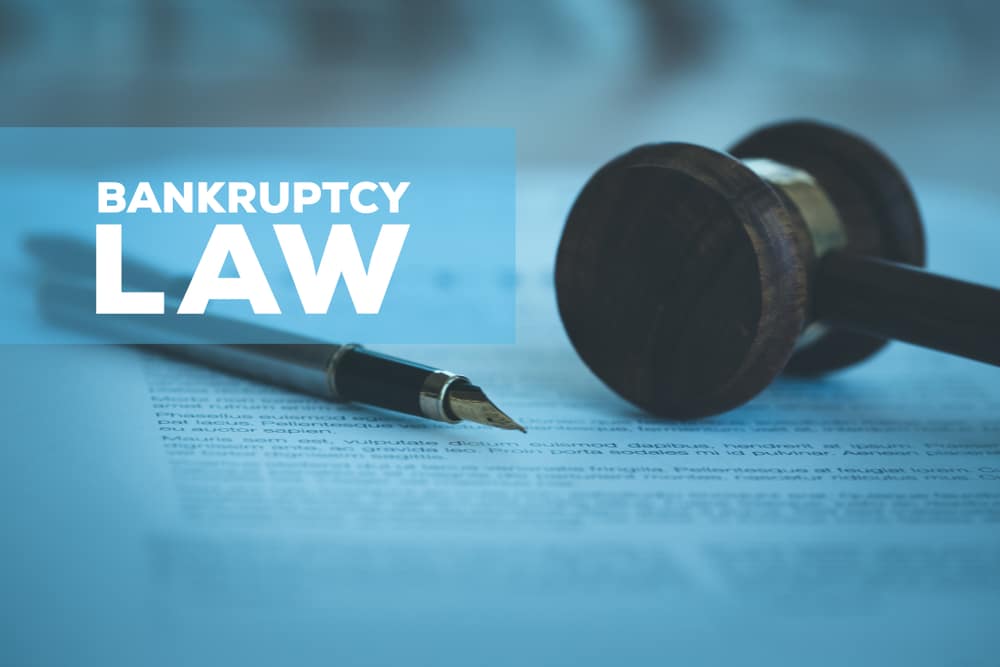What Small Businesses Need to Know About Filing for Bankruptcy in 2021

The Consolidated Appropriations Act of 2021 changed some provisions of the bankruptcy code that could affect small businesses in 2021. Other changes due to recent sunset provisions may affect small business eligibility for Chapter 11 Subchapter V filing going forward. It’s important to have a qualified bankruptcy attorney to help guide you through the process, and Natural State Law is an excellent resource.
Do I Qualify For Chapter 7 Bankruptcy?

Qualification for Chapter 7 – known as the “liquidation” option – requires passing a means test and ensuring that to the greatest extent possible, assets are protected by available exemptions.
The Differences Between Chapter 7 and Chapter 11 Bankruptcy for Businesses

There are key differences between Chapter 7 and Chapter 11 when it comes to business bankruptcy. Chapter 7 is known as a “liquidation” option and Chapter 11 attempts to reorganize the business by stabilizing its debts and operating expenses.
Converting a Chapter 13 Bankruptcy to Chapter 7

Converting a Chapter 13 bankruptcy to a Chapter 7 proceeding may be the right option for those looking to liquidate and consolidate assets in a more efficient fashion. However, it’s important to understand the entire process to see if the conversion is even possible.
What Happens When a Small Business Files for Chapter 7 Bankruptcy?

Chapter 7 bankruptcy can affect small businesses in radically different ways. Especially if the owner has a personal guarantee in the company’s debt, then the filing could trigger the pursuit of said person’s personal assets.
5 Things to Know About Chapter 7 and 13 Bankruptcy

There are a lot of facts – along with a lot of myths – out there about individual bankruptcy. This post highlights five facts anyone considering either should know about what happens in Chapter 7 and Chapter 13 proceedings.
Investment Real Estate Issues in Chapter 7 and 13 Bankruptcies

Real estate ownership plays a big role in paying back debts to creditors through a Chapter 13 Bankruptcy proceeding. There are specific rules and requirements to follow in order to keep property and other assets.


